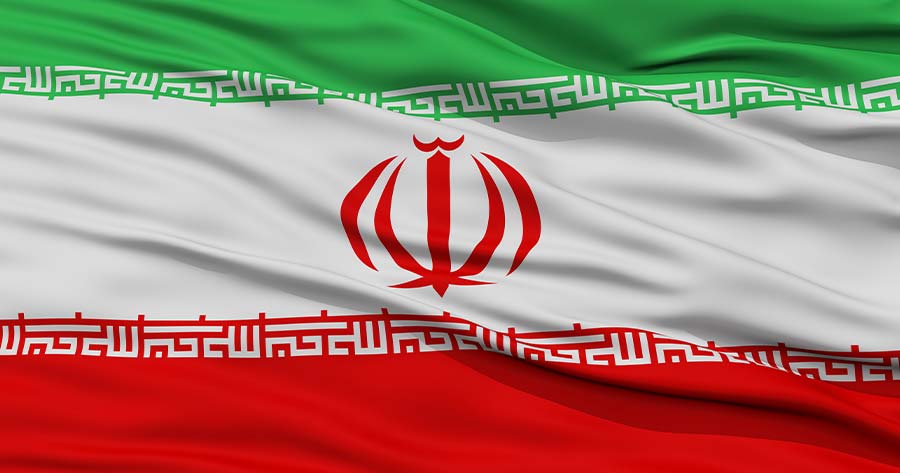Panic spread as Iran may close the Hormuz strait in the event of an Israeli attack on Iranian oil fields, broker estimated oil prices exceeding $100 per barrel but not over $200 per barrel if Middle Eastern oil disappeared from the market.
CNN reported that, according to a U.S. official on Oct. 4 Israel has not guaranteed not to target any Iranian nuclear facilities as part of its retaliatory attack on Iran for its 180 missile strike on Israel during Oct. 1.
President Joe Biden stated that the U.S. will not support any Israeli attack on Iranian nuclear facilities and suggested that Israel should not attack Iranian oil fields.
An analyst from Kasikorn Securities remarked that if the Middle Eastern situation continues to escalate Iran may close the Hormuz Strait down, which is an unprecedented move that may cause the global oil price to shoot up to greater than $100 per barrel but will not exceed $200 per barrel.
Hormuz Strait is the route for 20-30% of global crude oil exports from countries including Saudi Arabia, Iran, Iraq, Kuwait, and the United Arab Emirates, and if the strait is blocked, crude oil from these countries may disappear from the market as well.
The crude oil production capacity of the Hormuz Strait countries from between January to July of 2024 is as follows:
- Saudi Arabia has an average production capacity of 10.7 million barrels per day.
- Iran has an average production capacity of 4.4 million barrels per day.
- Iraq has an average production capacity of 4.4 million barrels per day.
- Kuwait has an average production capacity of 2.8 million barrels per day.
- UAE has an average production capacity of 4.1 million barrels per day.
Meanwhile, Qatar, the world top 3 largest LNG exporter in the world, may be affected by the situation, since the gas prices may hike due to increasing demand as well.
As for commodities, oil prices settled higher last Friday, recording their most significant weekly increase in more than a year, driven by escalating concerns of a potential conflict in the Middle East. However, the uptick was tempered following U.S. President Joe Biden’s advice against Israel targeting Iranian oil installations. Brent futures grew 43 cents or 0.6% to $78.05 a barrel, and the West Texas Intermediate (WTI) rose 67 cents or 0.9% to $74.38 per barrel.
This morning, Brent futures slid 29 cents or 0.37% to $77.76 a barrel, and the WTI dipped 22 cents or 0.3% to $74.16 per barrel.
Although this hypothetical scenario is still unlikely to happen, the potential impact from the strait blockade alone is severe enough to warrant closer observation.
Mr. Suwat Sinsadok, Deputy CEO at Beyond Securities commented that the case of Iran shutting the Hormuz Strait down only has around 20-30% possibility. On the other hand, the Thai SET Index has reached an oversold territory, which limits the downside of the market.
Suwat also suggests that Vayupak Fund will swoop in and take all the cheap stocks as the market reached 1,427 points, being an important resistance line, but if it falls further the next line would be at the 1,400 level.





